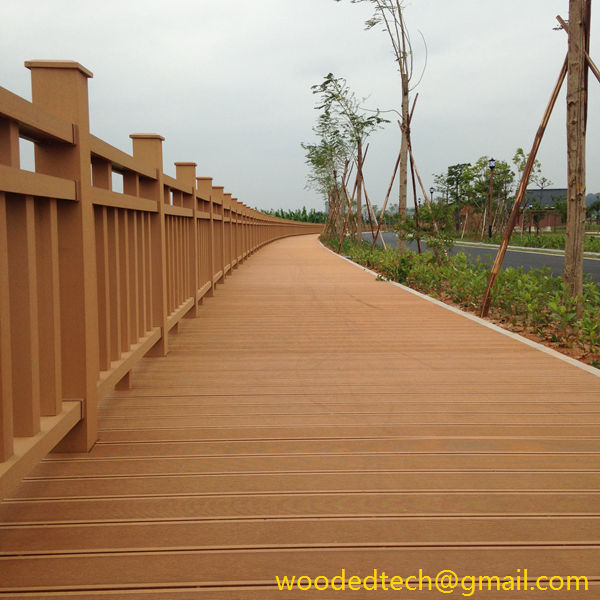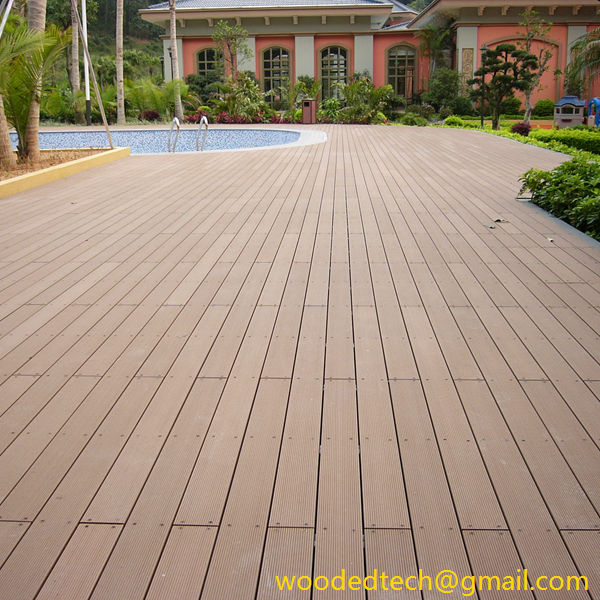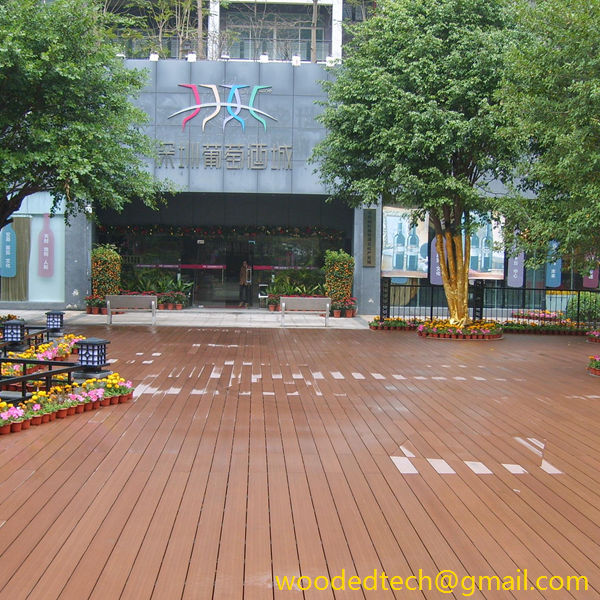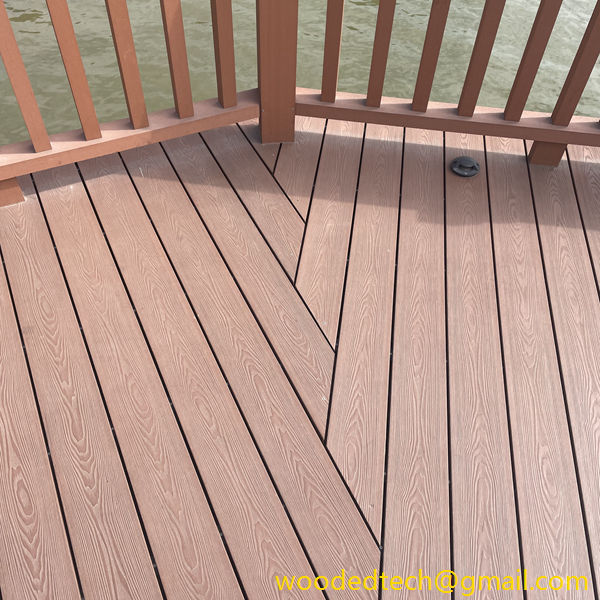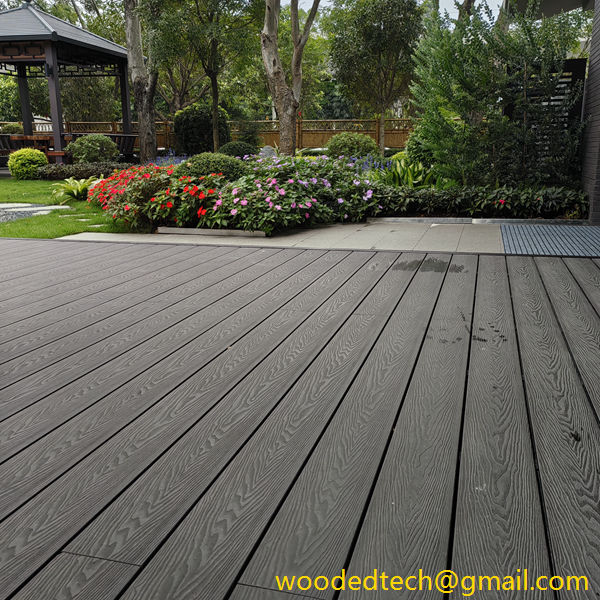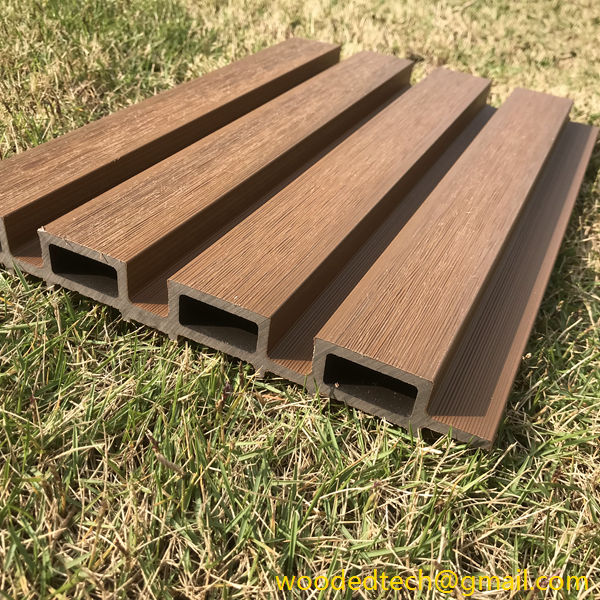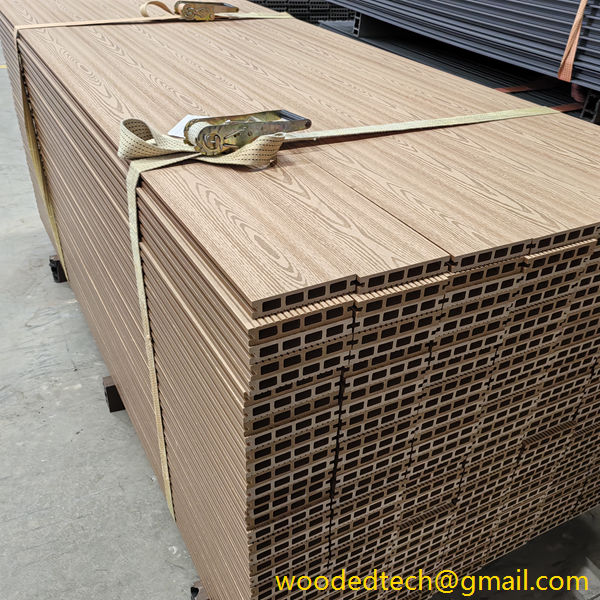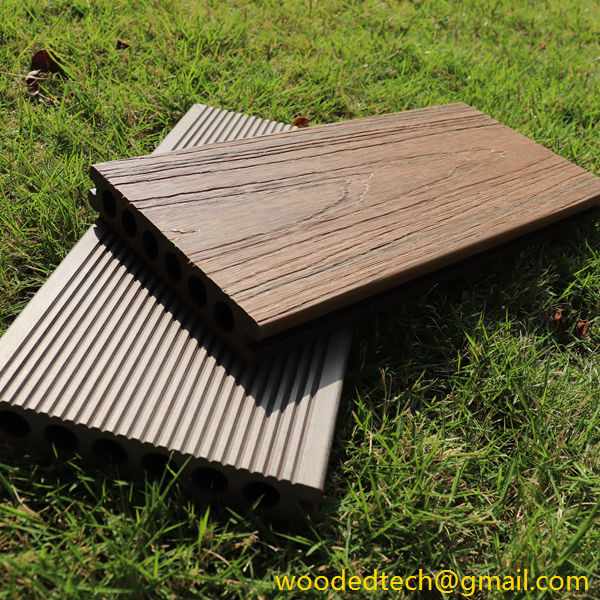Benefits of Construction Wall Panels for Efficient Building
Benefits of Construction Wall Panels for Efficient Building Construction wall panels have emerged as a significant innovation in the building industry, offering a range of benefits that contribute to more efficient and effective construction processes. These panels are prefabricated sections that can be quickly assembled on-site, providing a solution that not only enhances the speed…
Benefits of Construction Wall Panels for Efficient Building
Construction wall panels have emerged as a significant innovation in the building industry, offering a range of benefits that contribute to more efficient and effective construction processes. These panels are prefabricated sections that can be quickly assembled on-site, providing a solution that not only enhances the speed of construction but also improves the overall quality and sustainability of buildings. The advantages of construction wall panels are multifaceted, encompassing aspects such as energy efficiency, cost savings, design flexibility, and environmental benefits.
One of the most notable advantages of construction wall panels is their contribution to energy efficiency. Many of these panels are designed with advanced insulation materials that help to regulate indoor temperatures more effectively than traditional wall systems. This enhanced insulation reduces the need for heating and cooling systems to work as hard, leading to lower energy consumption and reduced utility bills for building occupants. In a world increasingly focused on sustainability, the energy efficiency provided by wall panels can significantly enhance a building’s green credentials. Furthermore, energy-efficient buildings are often eligible for various incentives, including tax breaks and rebates, which can further offset construction costs.
In addition to energy efficiency, construction wall panels can also provide significant cost savings. Traditional construction methods often involve extensive labor and time, which can lead to higher overall project costs. Wall panels, on the other hand, are typically manufactured off-site, which allows for better quality control and reduces the amount of labor required on-site. This streamlining of the construction process can lead to shorter project timelines, allowing developers to realize a return on investment more quickly. Additionally, as these panels are prefabricated, there is less waste generated during construction, further contributing to overall cost savings.
The flexibility of design offered by construction wall panels is another compelling benefit. These panels can be customized to meet specific architectural requirements, allowing for a wide range of shapes, sizes, and finishes. This adaptability makes them suitable for various building types, from residential homes to commercial structures. Architects and designers can leverage this flexibility to create unique and innovative architectural features that stand out in the marketplace. Furthermore, the ability to pre-manufacture panels allows for greater precision in design, ensuring that the final product meets the intended specifications without the common challenges associated with traditional construction methods.
Durability is yet another key advantage of construction wall panels. Many panels are constructed from materials designed to withstand harsh weather conditions, pests, and other environmental factors that can compromise the integrity of a building. This durability can lead to lower maintenance costs over the lifespan of the building, as fewer repairs are needed. Additionally, many modern wall panels are treated to be fire-resistant, providing an added layer of safety for occupants. This aspect is particularly crucial in commercial buildings where the safety of large numbers of people is a priority.
The environmental impact of construction is a growing concern in today’s society, and construction wall panels offer an eco-friendly alternative to conventional building methods. By utilizing sustainable materials and manufacturing processes, wall panels can significantly reduce the carbon footprint of a construction project. Many manufacturers are now focusing on sourcing materials that are recyclable or made from recycled content, reinforcing the move towards more sustainable building practices. Additionally, the reduced waste generated during the prefabrication process aligns with the principles of sustainable development, making wall panels an appealing option for environmentally conscious builders and developers.
The speed of construction is another critical advantage of using wall panels. In an industry where time often equates to money, the ability to erect a building more quickly can provide a significant competitive edge. With prefabricated wall panels, entire sections of a building can be assembled in a fraction of the time it would take using traditional methods. This rapid assembly not only accelerates project timelines but also minimizes disruption in the surrounding area, which can be particularly beneficial in urban environments where construction noise and activity can impact local residents and businesses.
Moreover, the use of construction wall panels can enhance safety on job sites. Traditional construction methods often involve complex scaffolding and multiple trades working simultaneously, which can lead to increased risks of accidents. With wall panels, the assembly process is streamlined and requires fewer workers on-site at any given time. This reduction in personnel can lead to a safer working environment, as there are fewer opportunities for accidents to occur.
In conclusion, the benefits of construction wall panels for efficient building processes are numerous and varied. From energy efficiency and cost savings to design flexibility and environmental sustainability, these panels are revolutionizing the construction industry. As builders and developers increasingly seek ways to improve their projects’ efficiency and effectiveness, the adoption of construction wall panels is likely to continue growing. This shift not only enhances the quality of buildings but also aligns with the broader goals of sustainability and responsible resource management in the construction sector. As the industry evolves, construction wall panels will undoubtedly play a crucial role in shaping the future of building design and construction.

